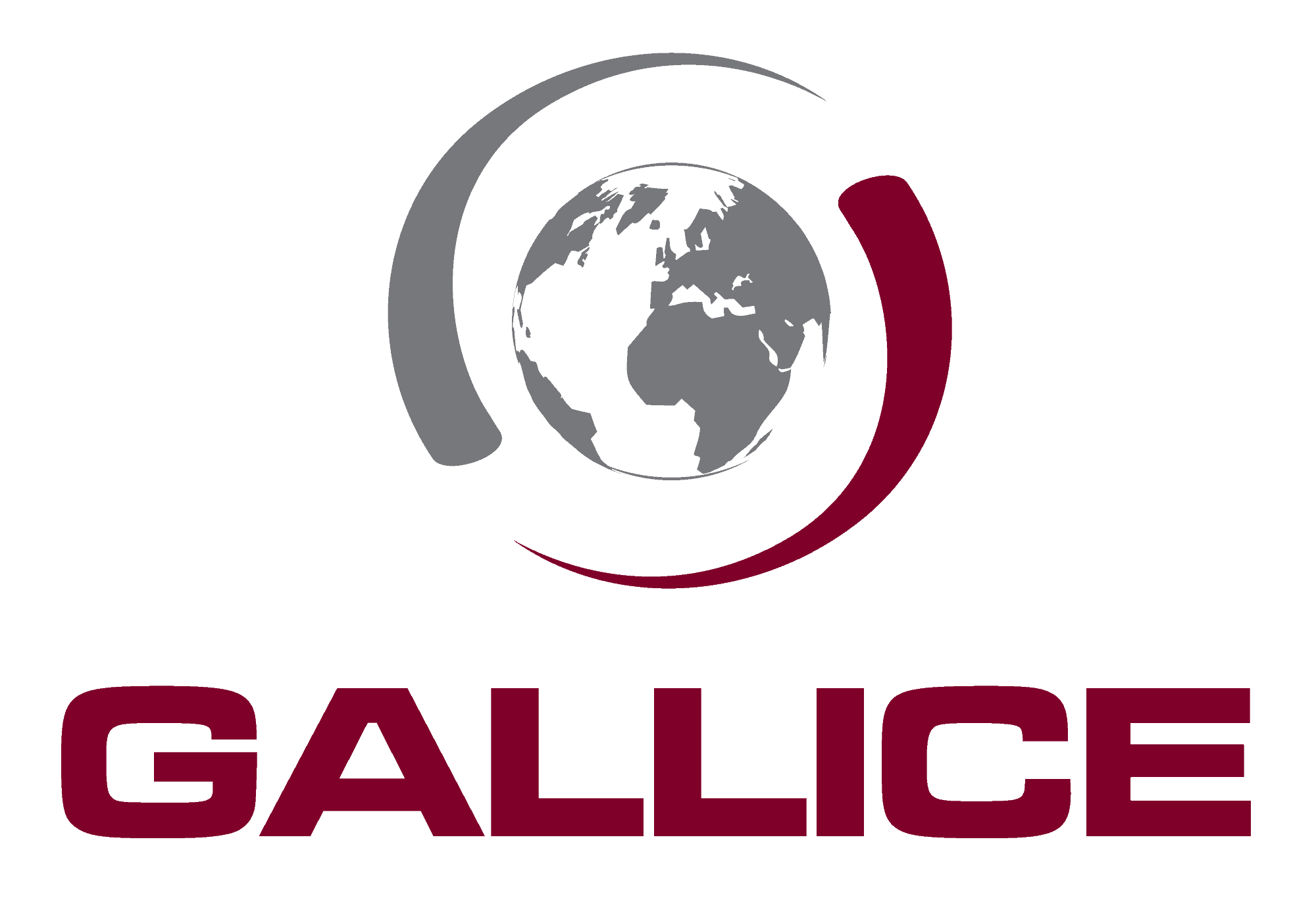[av_submenu which_menu=” menu=’69’ position=’center’ color=’main_color’ sticky=’aviaTBsticky’ mobile=’disabled’]
[av_submenu_item title=’Europe’ link=’page,4441′ linktarget=” button_style=”]
[av_submenu_item title=’Afrique’ link=’page,4441′ linktarget=” button_style=”]
[/av_submenu]
[av_one_full first min_height=” vertical_alignment=” space=” custom_margin=” margin=’0px’ padding=’0px’ border=” border_color=” radius=’0px’ background_color=” src=” background_position=’top left’ background_repeat=’no-repeat’ animation=”]
[av_textblock size=” font_color=” color=” av-medium-font-size=” av-small-font-size=” av-mini-font-size=” admin_preview_bg=”]
Africa
[/av_textblock]
[av_hr class=’short’ height=’50’ shadow=’no-shadow’ position=’center’ custom_border=’av-border-thin’ custom_width=’50px’ custom_border_color=” custom_margin_top=’30px’ custom_margin_bottom=’30px’ icon_select=’yes’ custom_icon_color=” icon=’ue808′ font=’entypo-fontello’]
[/av_one_full][av_one_full first min_height=” vertical_alignment=’av-align-top’ space=’no_margin’ margin=’0px’ margin_sync=’true’ padding=’0px’ padding_sync=’true’ border=” border_color=” radius=’0px’ radius_sync=’true’ background_color=” src=” attachment=” attachment_size=” background_position=’top left’ background_repeat=’no-repeat’ animation=”]
[av_textblock size=” font_color=” color=” av-medium-font-size=” av-small-font-size=” av-mini-font-size=” admin_preview_bg=”]
[/av_textblock]
[/av_one_full]
[av_one_full first min_height=” vertical_alignment=” space=” custom_margin=” margin=’0px’ padding=’0px’ border=” border_color=” radius=’0px’ background_color=” src=” background_position=’top left’ background_repeat=’no-repeat’ animation=”]
[av_textblock size=” font_color=” color=” av-medium-font-size=” av-small-font-size=” av-mini-font-size=” admin_preview_bg=”]
The region of Lake Chad, subject to the converging scourges of climate change, violent extremism, food insecurity, population explosion, disease and poverty, has become the focal point of a serious humanitarian disaster. Across the Sahel, nearly five million refugees and returnees are on the move, and millions more unable to find work.
This year again, an increase in armed conflict has pushed millions of people out of their homes. The persistent instability in the north – and now in the south – of Mali, the crisis in Libya, combined with the escalation of violence associated with Boko Haram affecting Nigeria, Niger, Chad and, more recently, northern Cameroon, have had a devastating impact on the economy and the people.
In this region, trade and migratory routes have been used for the smuggling of weapons, drugs and human beings (migrants). Moreover, in 2017, the serious agrarian troubles between farmers and sharecroppers has continued; the death toll now exceeds 15,000, rivaling those inflicted by Boko Haram.
The international military presence is increasingly important in the region. To establish a common front against the Islamic State group (IS) and the issues plaguing this fragile region of the region, Burkina Faso, Chad, Mauritania, Niger and Mali, have become allied with the French troops of Operation Barkhane in the establishment of the G5 Sahel. The United States of America have also significantly strengthened their presence in the region.
The instability of the Sahel extends in a triangle towards the Maghreb and the Mashreq, and as far as Somalia and Kenya. The October 2017 attack in the Somali capital is a reflection of the ongoing critical situation facing the Islamist insurgency that began in 2007 in the Horn of Africa. A clear resurgence of piracy off the Somali coast is also noteworthy.
Regarding the Great Lakes region and the surrounding areas, armed conflict has also resumed in the east of the Democratic Republic of Congo. Today, more than 1,500,000 civilians are being affected by conflict between various national forces and from neighboring countries. At the same time, political tensions are still salient in South Sudan, where the population continues to suffer from both hunger and violence between the political factions pillaging natural resources.
In Kenya, the year was punctuated by an electoral cycle whose conflicting nature is difficult to resolve, aggravating the existing divides between rival ethnic groups.
Populations in eastern and southern Africa are feeling the impact of consecutive drought seasons. In the worst of cases, when a conflict makes agriculture impossible and reduces humanitarian access, people face increasing famine peaks. This currently applies to South Sudan and the areas occupied by AQIM and Boko Haram in the Sahel. Food insecurity is still affecting the Horn of Africa. The current drought is currently worse than in 2011.
[/av_textblock]
[/av_one_full][av_hr class=’invisible’ height=’150′ shadow=’no-shadow’ position=’center’ custom_border=’av-border-thin’ custom_width=’50px’ custom_border_color=” custom_margin_top=’30px’ custom_margin_bottom=’30px’ icon_select=’yes’ custom_icon_color=” icon=’ue808′ font=’entypo-fontello’]
